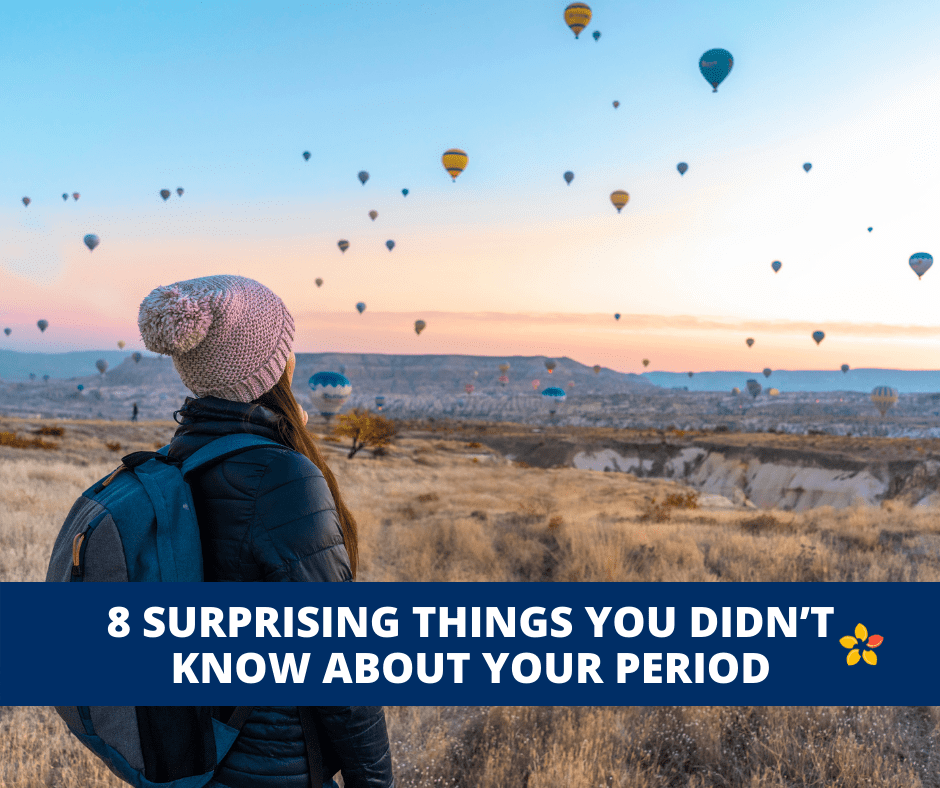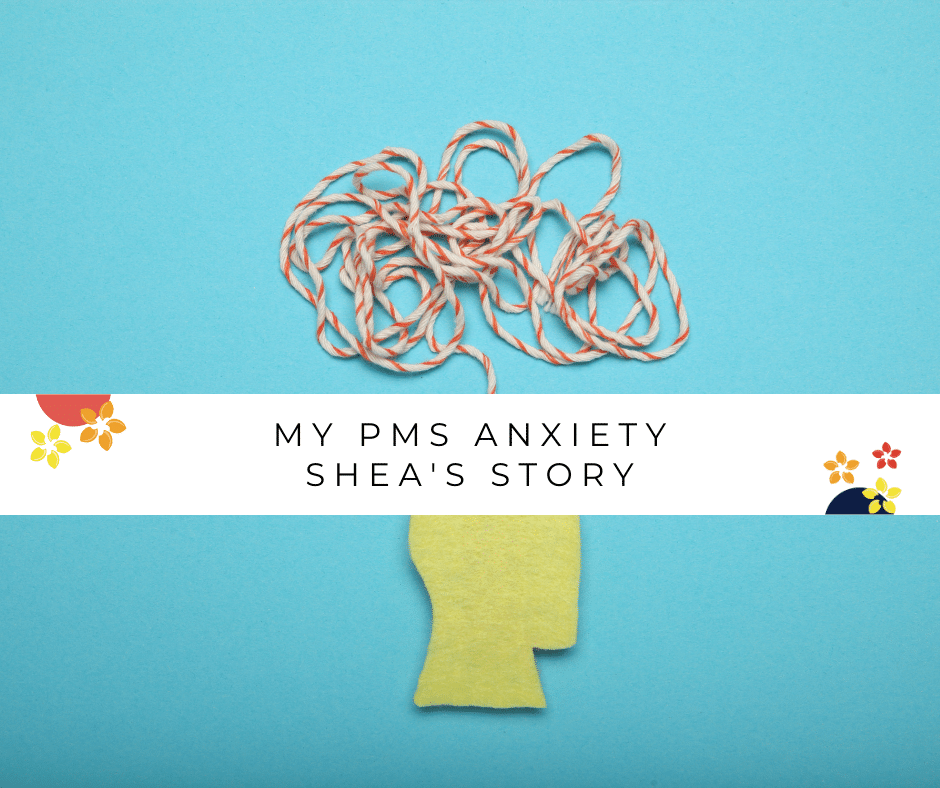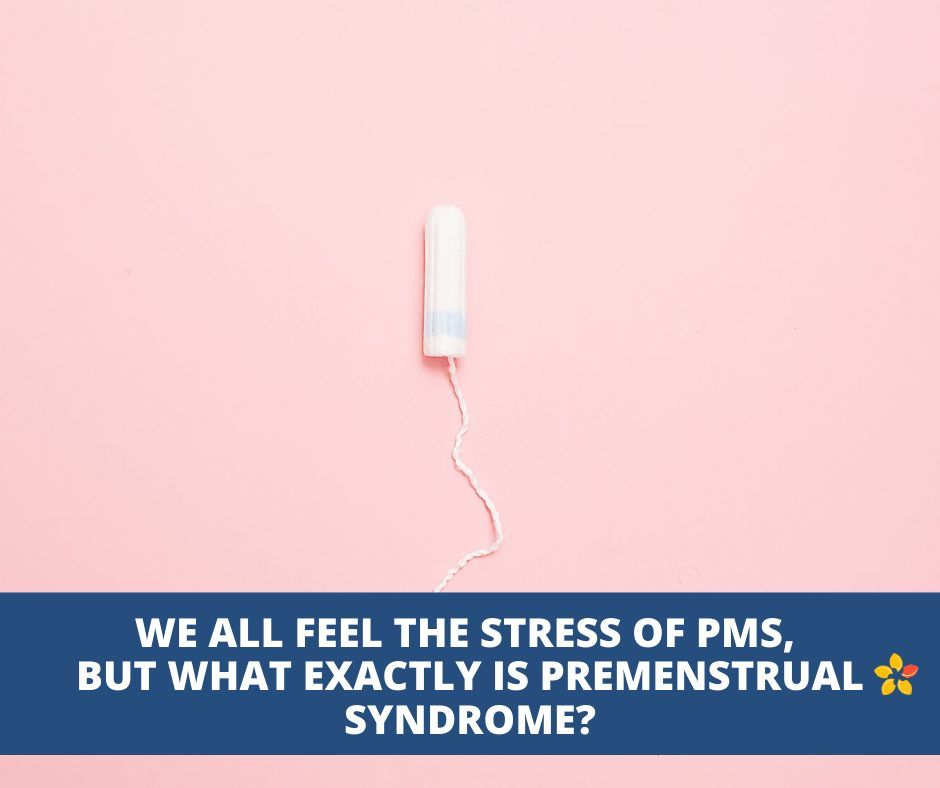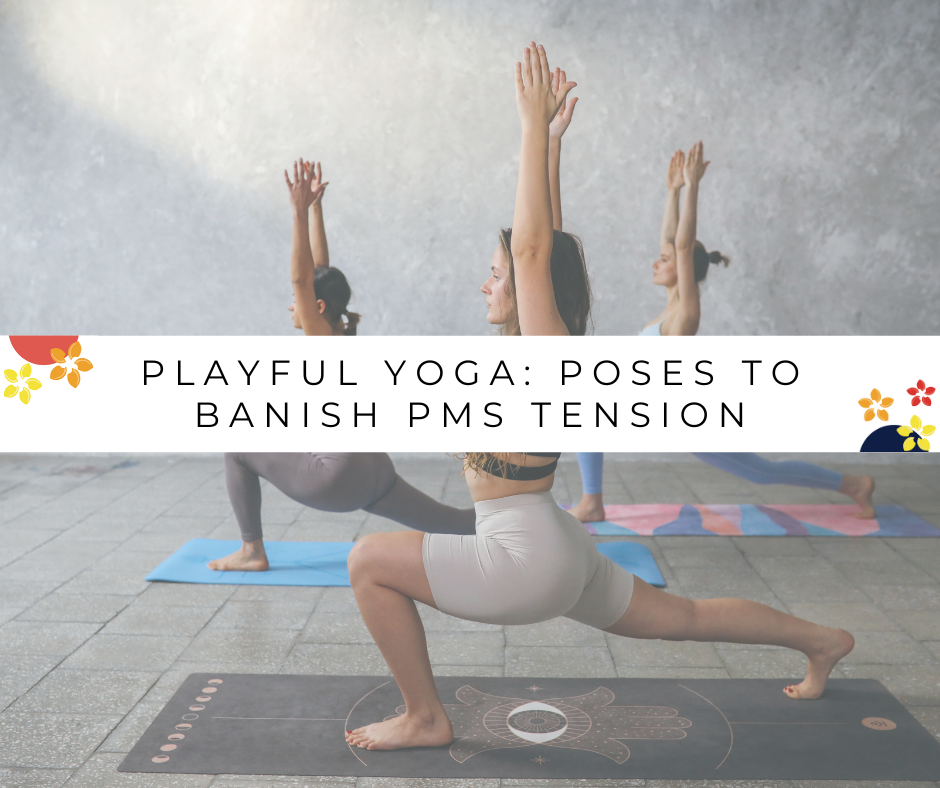When researching all about Women’s Health, we found out these facts that you may or may not know about your period. Check them out and let us know what you think!
- Your Period is an indicator for your health. Your period is now seen by doctors as a vital sign, and why you are always asked about it at your general check up. The period is now viewed as vital as your weight, temperature, and blood pressure. Everyone’s period is of course different, but if you happen to notice any irregularities in your period such as your period being absent or more painful or not being regular, let your doctor know. If your period is regular however, it is a sign that your overall health is doing well.
- Different environments have an impact on your period. When you change your surroundings it can have an affect on your periods. Periods actually seem to last longer and be heavier in the winter, although scientists are unsure why. There are seasonal changes like SAD during the winter with the loss of sunlight, so it might correlate to your menstrual cycle as well.
- You’re actually more likely to get sick when you have your period. Have you ever felt so frustrated that you are sick and that you have your period? I know I did when I had COVID. A 2012 study out of Spain suggests that your immune system declines when you’re menstruating and it’s your body’s way of making sure the sperm survives in your body long enough to fertilize an egg. Who knew that this was a thing?
- When you travel, your period can change. When you jump through different time zones, you’re not only battling jet lag, but you’re also throwing off your circadian rhythm. Your period is sensitive and when you’re exposed to sunlight at different times, your body clock changes and can cause your period to shift with either delayed or missed periods.
- Heavy periods can indicate anemia. If you have a heavy period you might want to go see your doctor to make sure everything is alright. Heavy bleeding is indicated with bleeding through your menstrual pads or tampons in an hour, bleeding for longer than a week, or having to change your pads multiple times during the night. In a Finnish study from 2014, they found that out of 236 women with heavy bleeding, 27% of them were anemic and 60% were iron deficient. Anemia can be treated with supplements and dietary changes, but it might be worth investigating with your doctor if you fall into this category.
- When you get your period on the pill it is called “withdrawal bleeding.” Even though you’re on the pill you still get a period, this happens because you are still shedding the lining of your uterus each month. When you’re not on the pill, your body’s uterine lining thickens each month in preparation for pregnancy. If you don’t get pregnant, the body sheds two things during menstruation, the thickened lining and an unfertilized egg. But when you’re on the pill, even though you may not be ovulating (no egg is coming down into your uterus), your uterine lining is still coming out, thus your withdrawal bleeding.
- Severe cramps are not a given. Severe cramps are not normal! Most women believe that cramps are just what they have to deal with every month, and while cramps will still exist, the painful ones shouldn’t happen. When your period occurs, your body releases a protein called prostaglandins which thus causes your uterus to contract creating mild discomfort. If your cramps are severe, it could be because your pelvis is inflamed, and this could be due to diets of mostly fat and sugar, uterine fibroid, lower levels of magnesium, or endometriosis.
- Science is finally catching up with women’s health. There are finally more studies coming out each year about women’s health. One of the more recent ones was about PMS and supplementing oxaloacetate to help with the emotional side of PMS. In the study, 80% of women experienced some relief from anxiety, stress, irritability, and gloominess. It might be worth investigating!








